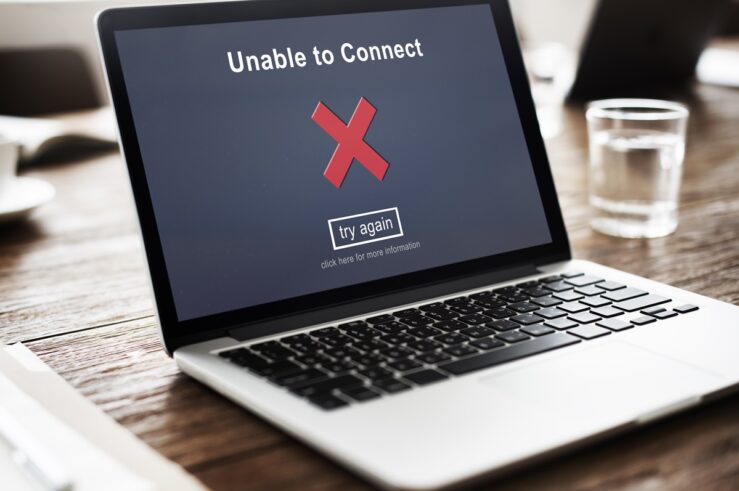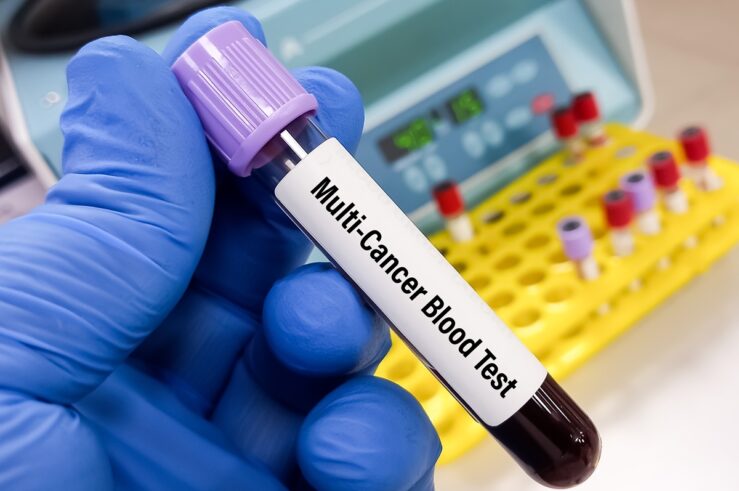Showing results for: “FTC policy statement unfair methods of competition”
The WHO’s Insufficient Curiosity and Humility
Five months from now, health ministers from the 194 sovereign states recognized by the United Nations (UN) will meet in Geneva to discuss and possibly agree to amendments to the International Health Regulations (IHRs), which are intended to “prevent, protect against, prepare, control and provide a public health response to the international spread of diseases.” ... The WHO’s Insufficient Curiosity and Humility
How the FTC’s Amazon Case Gerrymanders Relevant Markets and Obscures Competitive Processes
As Greg Werden has noted, the process of defining the relevant market in an antitrust case doesn’t just finger which part of the economy is allegedly affected by the challenged conduct, but it also “identifies the competitive process alleged to be harmed.” Unsurprisingly, plaintiffs in such proceedings (most commonly, antitrust enforcers) often seek to set ... How the FTC’s Amazon Case Gerrymanders Relevant Markets and Obscures Competitive Processes
What Do We Do with Presumptions in Antitrust?
Winter was coming, as it does. We knew the agencies were going to issue new merger guidelines, and then they did. On Dec. 18, 2023, the Federal Trade Commission (FTC) and U.S. Justice Department (DOJ) jointly issued merger guidelines, supplanting 2023’s draft guidelines, the 2010 Horizontal Merger Guidelines, and the 2020 (partially withdrawn) Vertical Merger ... What Do We Do with Presumptions in Antitrust?
A European Commission Challenge to iRobot’s Acquisition Is Unjustified and Would Harm Dynamic Competition
Once again, a major competition agency, the European Commission, appears poised to take an anticompetitive enforcement action—in this case, blocking Amazon’s acquisition of consumer robotic-manufacturer iRobot. iRobot, headquartered in Bedford, Massachusetts, is an American success story: Founded in 1990 by Massachusetts Institute of Technology roboticists with the vision of making practical robots a reality, iRobot ... A European Commission Challenge to iRobot’s Acquisition Is Unjustified and Would Harm Dynamic Competition
Four Problems with the Supreme Court’s Refusal To Hear the Epic v Apple Dispute
The U.S. Supreme Court this week rejected both parties’ petitions for certiorari in appeals of the 9th U.S. Circuit Court of Appeals’ Epic Games v Apple decision. Many observers—including Epic CEO Tim Sweeney—have marked this as an unmitigated loss for Epic. That’s partly right. The district court had correctly rejected Epic’s federal antitrust claims against ... Four Problems with the Supreme Court’s Refusal To Hear the Epic v Apple Dispute
Slouching Toward Disconnection and the End of the ACP
It’s our first post of the New Year, and we’re having a hard time feeling the Hootenanny vibes. Rather than Congress taking a “new year, new you” approach to telecom policy, it seems that D.C. is starting the year with the “same old, same old” of brinkmanship. This time, with broadband subsidies. The Affordable Connectivity ... Slouching Toward Disconnection and the End of the ACP
The Conundrum of Out-of-Market Effects in Merger Enforcement
Section 7 of the Clayton Act prohibits mergers that harm competition in “in any line” of commerce. And, indeed, the Supreme Court’s decisions in Philadelphia National Bank and Topco are often cited on behalf of the proposition that this means any single cognizable market, and that anticompetitive effects in one market cannot be offset by ... The Conundrum of Out-of-Market Effects in Merger Enforcement
FTC v. Illumina/Grail – A Rare FTC Merger Victory? (Actually, a Loss for Consumers)
Although it was overshadowed by the Federal Trade Commission (FTC) and U.S. Justice Department’s (DOJ) year-end release of the 2023 merger guidelines, one should also note the abrupt end of the FTC v. Illumina/Grail saga. The saga finished with the FTC’s Dec. 18 press release announcing that Illumina decided on Dec.17 to divest itself of ... FTC v. Illumina/Grail – A Rare FTC Merger Victory? (Actually, a Loss for Consumers)
In Reforming Its Antitrust Act, Argentina Should Not Ignore Its Institutional Achilles Heel
As part of a set of “shock therapy” measures introduced to deregulate and stabilize its economy, the Argentinian government led by newly elected President Javier Milei has already adopted an emergency decree (Decreto de Necesidad y Urgencia) that makes broad array of legal changes. Toward the same goal, the government in late December sent up ... In Reforming Its Antitrust Act, Argentina Should Not Ignore Its Institutional Achilles Heel
Three Problems with Accelerated Access: Will They Be Overcome?
This post discusses three important problems with the Food and Drug Administration’s (FDA) accelerated-approval process. The first is that regulatory authorities and patient groups maintain that, legally, the standards of accelerated approval are the same as standard approval. Yet from a risk perspective, the standards are quite different; by shifting risk taking from regulator to ... Three Problems with Accelerated Access: Will They Be Overcome?
The Porcine 2023 Merger Guidelines (The Pig Still Oinks)
Well, they have done it. On Dec. 18, the Federal Trade Commission (FTC) and U.S. Justice Department (DOJ) issued their final 2023 merger guidelines, as an early New Year’s gift (nicely sandwiched between Hanukkah, which ended Dec. 15, and Christmas) of the porcine sort. The two agencies try to put lipstick on this pig by ... The Porcine 2023 Merger Guidelines (The Pig Still Oinks)
The View from Turkey: A TOTM Q&A with Kerem Cem Sanli
How did you come to be interested in the regulation of digital markets? I am a full-time professor in competition law at Bilgi University in Istanbul. I first became interested in the application of competition law in digital markets when a PhD student of mine, Cihan Dogan, wrote his PhD thesis on the topic in ... The View from Turkey: A TOTM Q&A with Kerem Cem Sanli
















